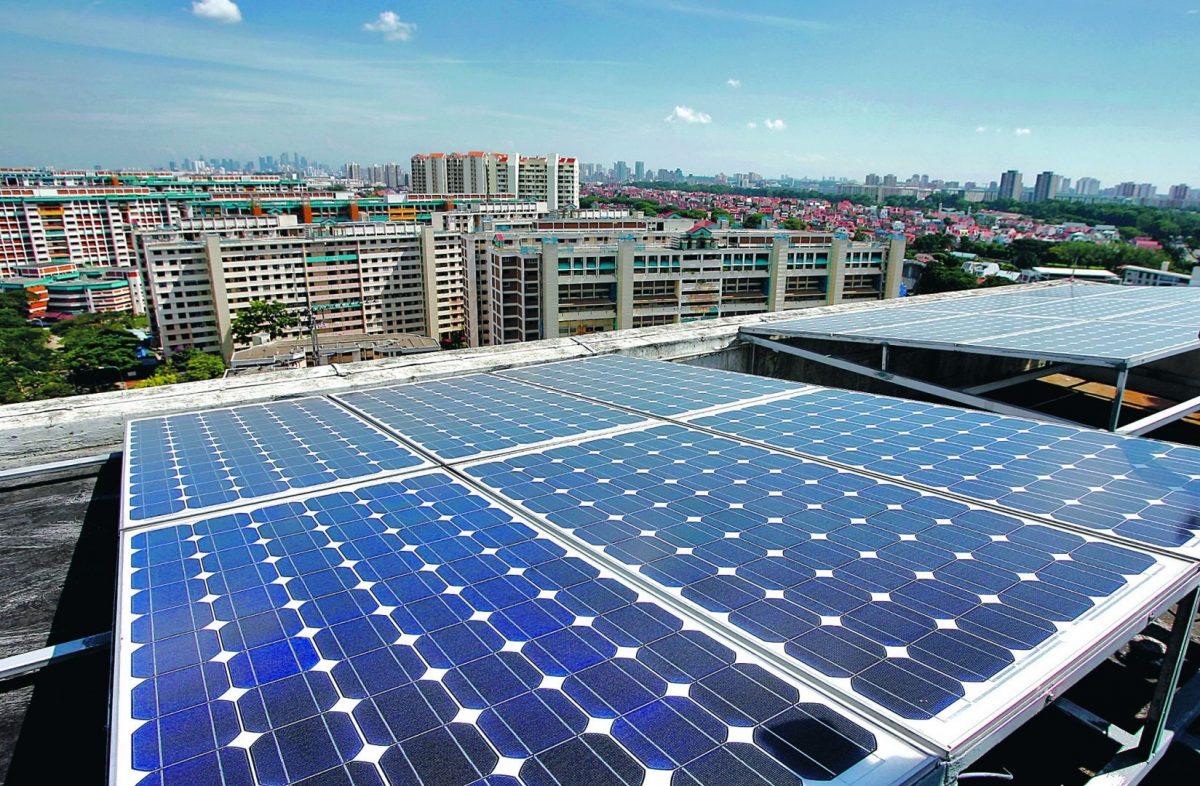The approval of the second phase of grid-connected rooftop solar programme–for achieving cumulative capacity of 40 GW from such projects by 2022–is being seen as a positive development by the rooftop solar industry.
Welcoming the move, Praveer Sinha, CEO and MD, Tata Power said: “The second phase that seeks to extend financial support between 20-40% of the cost depending on the size of the installation is a crucial element of the policy decision by the government. Heavy front-ended investment of rooftop solar system has been the single biggest challenge holding back its deeper penetration, particularly in rural and semi-urban parts of the country.”
“Rooftop solar not only offers a cleaner source of energy to the masses but also helps in reducing transmission and distribution losses in the Indian power sector, which is currently around 20%. The latest policy initiative that offers financial assistance for Group Housing Societies and Residential Welfare Associations should also help better adoption of rooftop solar systems among residential power consumers, which is only around 9% to the total rooftop solar installed in the country (against almost 70% by industrial and commercial users),” Sinha added.
Phase II of the grid-connected solar scheme provides central financial assistance (CFA) for setting up of 4 GW of grid-connected rooftop solar plants in residential sector and incentives to discoms based on the achievement for installing additional grid-connected rooftop capacity over and above the base level with the incentives limited to the first additional 18 GW rooftop capacity installed across the country.
For the total 38 GW capacity planned under Phase II, financial outlay has been broken down into Rs 6,600 crore as CFA for 4 GW residential capacity, Rs 4,950 crore as incentive to discoms, Rs 66 crore for capacity building @1% of CFA, and Rs 198 crore as service charge @3% of CFA.
This content is protected by copyright and may not be reused. If you want to cooperate with us and would like to reuse some of our content, please contact: editors@pv-magazine.com.









By submitting this form you agree to pv magazine using your data for the purposes of publishing your comment.
Your personal data will only be disclosed or otherwise transmitted to third parties for the purposes of spam filtering or if this is necessary for technical maintenance of the website. Any other transfer to third parties will not take place unless this is justified on the basis of applicable data protection regulations or if pv magazine is legally obliged to do so.
You may revoke this consent at any time with effect for the future, in which case your personal data will be deleted immediately. Otherwise, your data will be deleted if pv magazine has processed your request or the purpose of data storage is fulfilled.
Further information on data privacy can be found in our Data Protection Policy.